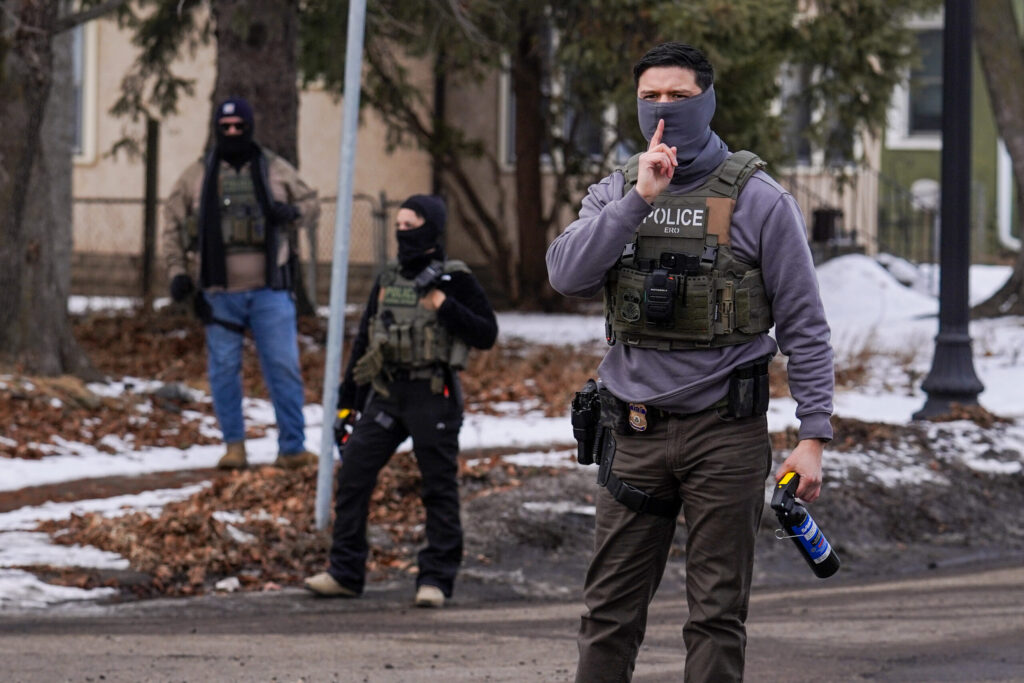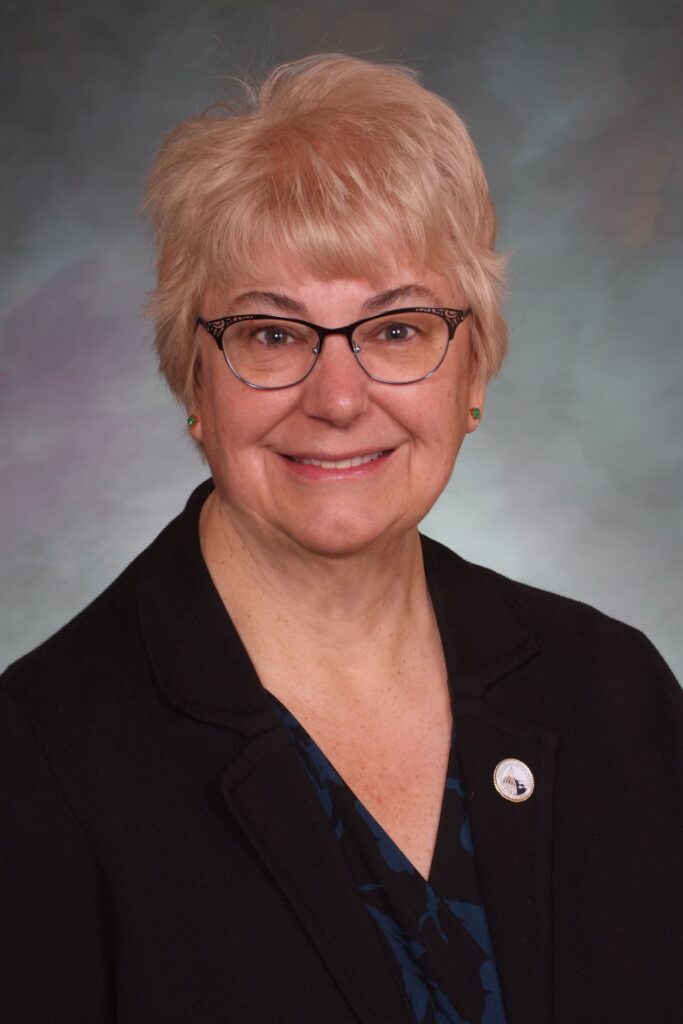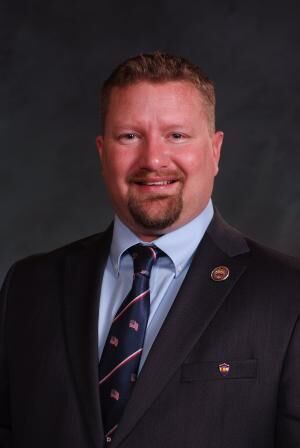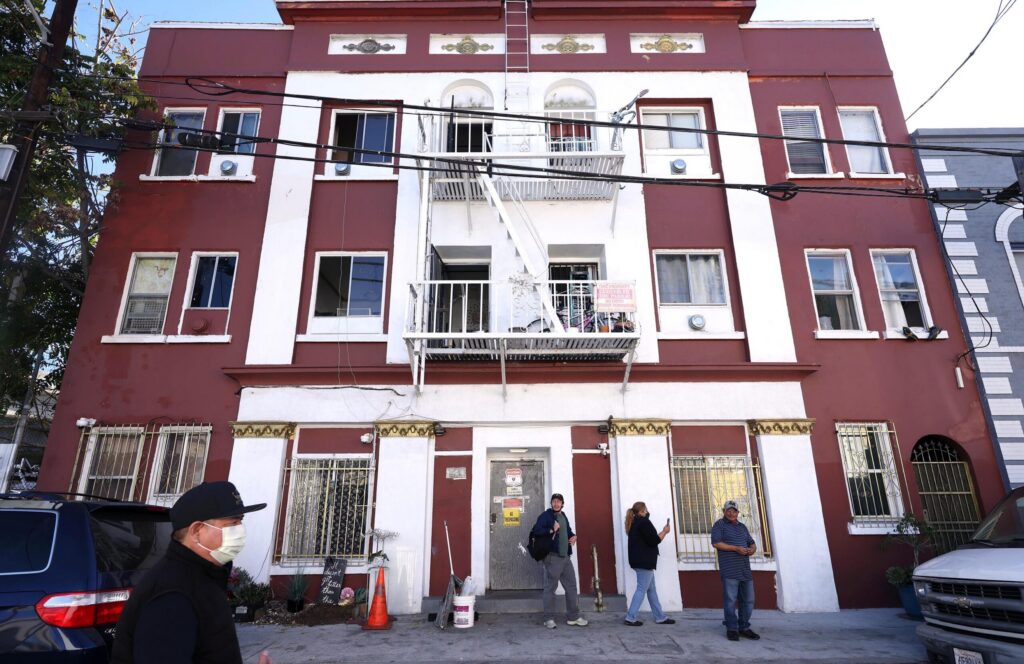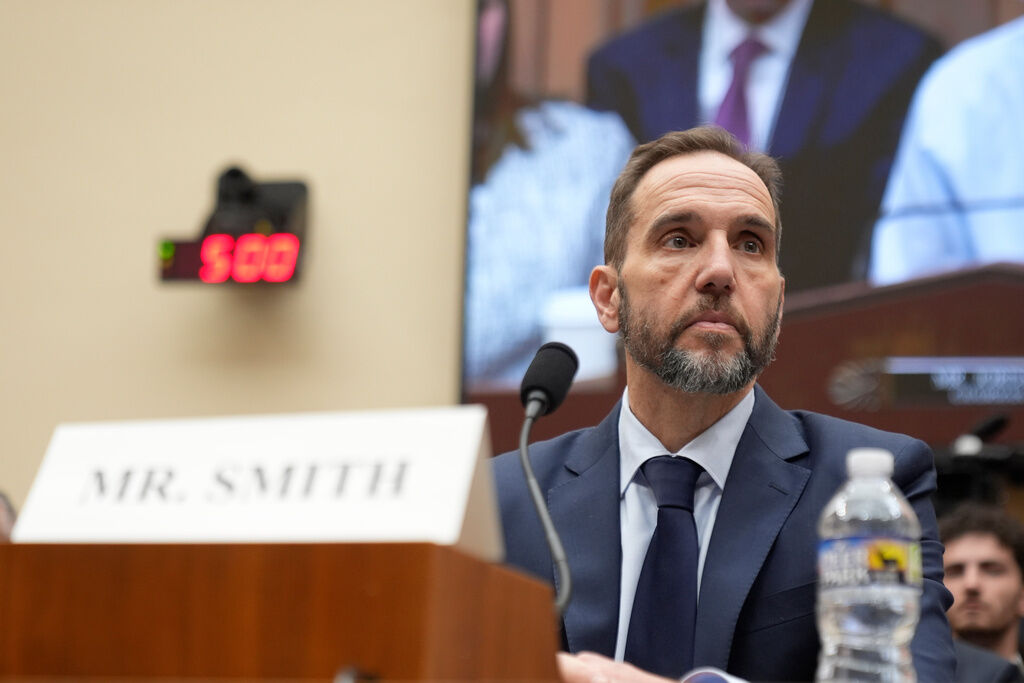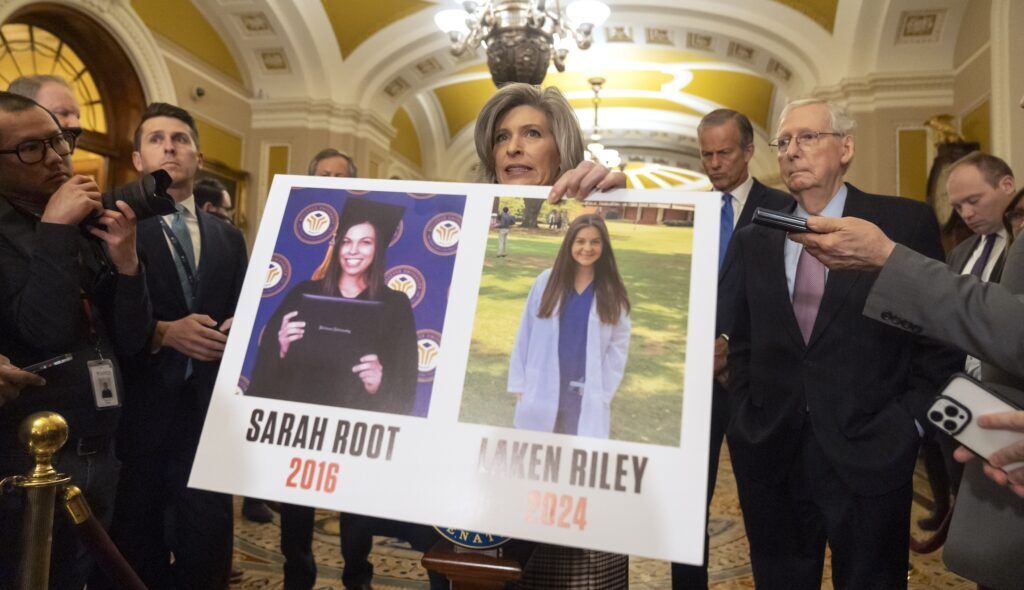Rural lawmakers accuse Polis of neglecting rural areas in disaster declaration
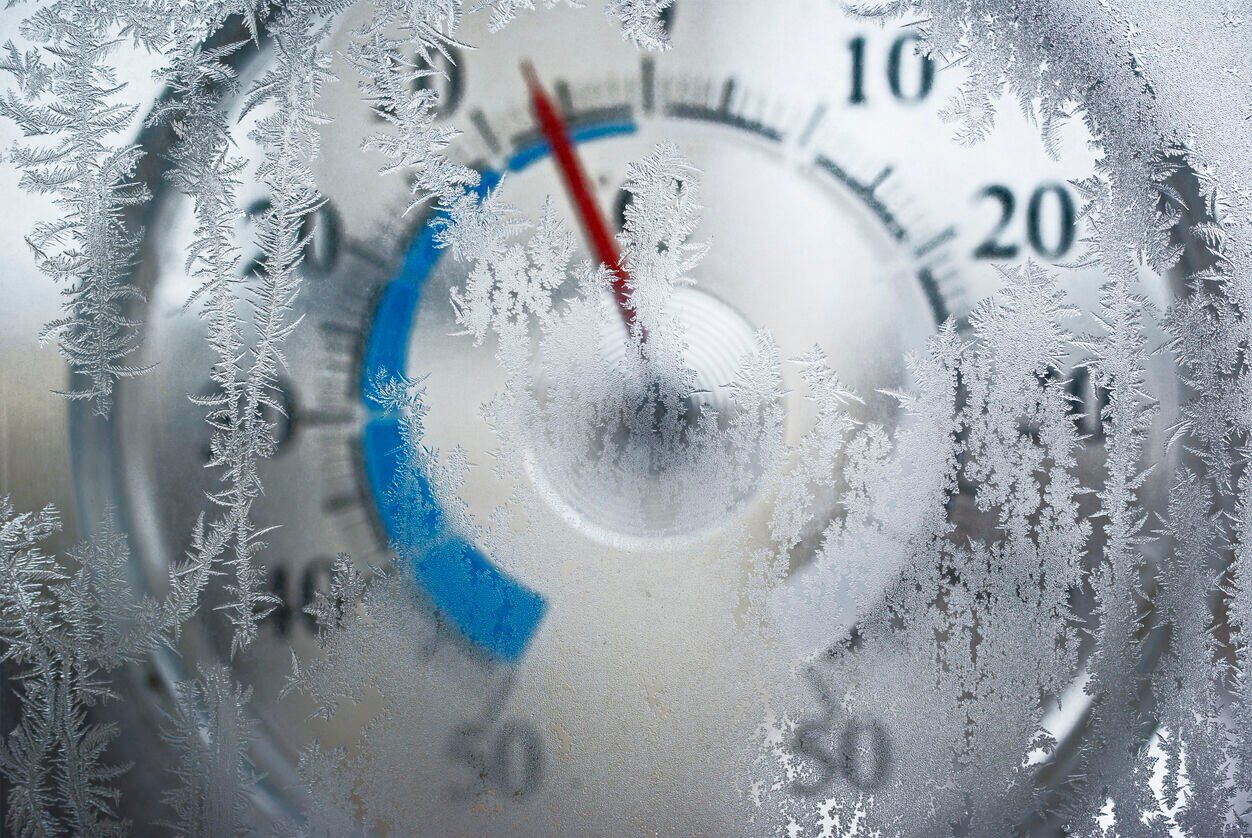
Several of the state’s rural lawmakers complained that Gov. Jared Polis has neglected their regions when he issued a disaster declaration as extreme cold conditions pummeled Colorado.
The governor’s office said disaster assistance is available to all parts of the state but added that none from the Eastern Plains has so far requested it.
Several legislators representing rural communities penned an open letter to Polis last week after he issue a disaster declaration, noting that the Eastern Plains had been enduring severe weather since the beginning of the month and suggesting that the declaration should have come sooner.
The letter noted that the warming centers Polis identified could be found in counties along I-25 north of Jefferson County.
“This is yet another stark example of the rural-urban divide and the apparent disregard the Governor has for Rural Coloradans,” said the letter, authored by Rep. Ty Winter, R-Trinidad. “We call on Governor Polis to provide the same aid to Rural Coloradans as he gave to those in urban areas. Governor Polis, be a governor for the whole State of Colorado.”
Winter specifically mentioned Prowers County as struggling with a lack of resources to keep residents warm.
Winter sent the letter – also signed by Sens. Rod Pelton, Bryan Pelton and Rep. Richard Holtorf – after Mark Westhoff, the Prowers County administrator, noted the warming centers cited by Polis in his disaster declaration are all located on the Front Range and the “furthest south is in Jefferson County.”
“Obviously, the population centers in that area have a need for these resources, but our region is forecasted to be much colder with even worse wind chills,” Westhoff told the lawmakers in an email on Friday morning. “These are potentially life-threatening conditions!”
Westhoff also pleaded with the legislators: “Is there any way for Eastern and Southeastern Colorado to access these vital, time-sensitive resources? We could certainly use the help to set up, supply, and staff a warming center in Lamar or elsewhere in Prowers County!”
The local official said in addition to the county’s homeless population, it has “many residents who live in housing that is inadequate for this kind of cold or who have broken heating they can’t afford to fix.”
“We are also likely to have residents facing emergencies in the next few days (broken pipes, frozen gas lines, local power outages) who will need emergency shelter,” he said.
The county’s emergency management director, Saffron Warn said his county has yet to directly ask the state for resources. Warn said the county has volunteers from the American Red Cross available to help residents on a case-by-case basis.
After the letter was published, a representative from the Colorado Division of Homeland Security and Emergency Management reached out to Winter to inform him of the resources available to his constituents and other rural communities.
“At this point, there’s been no request from anyone on the Eastern Plains,” said Micki Trost, the division’s strategic communications director. “There are numerous shelters that are spread out across the state, and they are run by local jurisdictions or by nonprofit organizations. At this point, they’ve been providing services and have not requested any assistance.”
Trost said the division is well aware of the extreme weather on the Eastern Plains earlier this month but that no disaster declaration was made as there had been no requests for additional assistance.
“We provide any assistance to any county in the state of Colorado that asks for assistance,” she said. “Our staff was in daily contact with all of the Eastern Plains jurisdictions and did ask if they needed any assistance at that time as well. They didn’t ask for any assistance.”
Winter said his conversation with the Division of Homeland Security and Emergency Management was informative and he believes it helped open up the lines of communication between the state and its rural communities.
“It was a good conversation, first and foremost,” he said. “All I’m asking is for them to be a little bit more proactive. If anything, I think this letter brought some awareness to how not only we feel as rural legislators at the Capitol, but our constituents and our local government officials feel. From now forward I think we’re gonna have some open lines of communication.”
Winter also mentioned the office gave him and his colleagues a document with information on resources that he is planning to distribute to his constituents.
Winter commended his Democratic colleagues for helping him get in touch with the Governor’s Office and emphasized that issues like these are not about politics to him.
“This isn’t a political football for me. This letter was serious; it wasn’t meant to drive an even further wedge or divide. This letter wasn’t political football, this was to bring attention,” Winter said.




